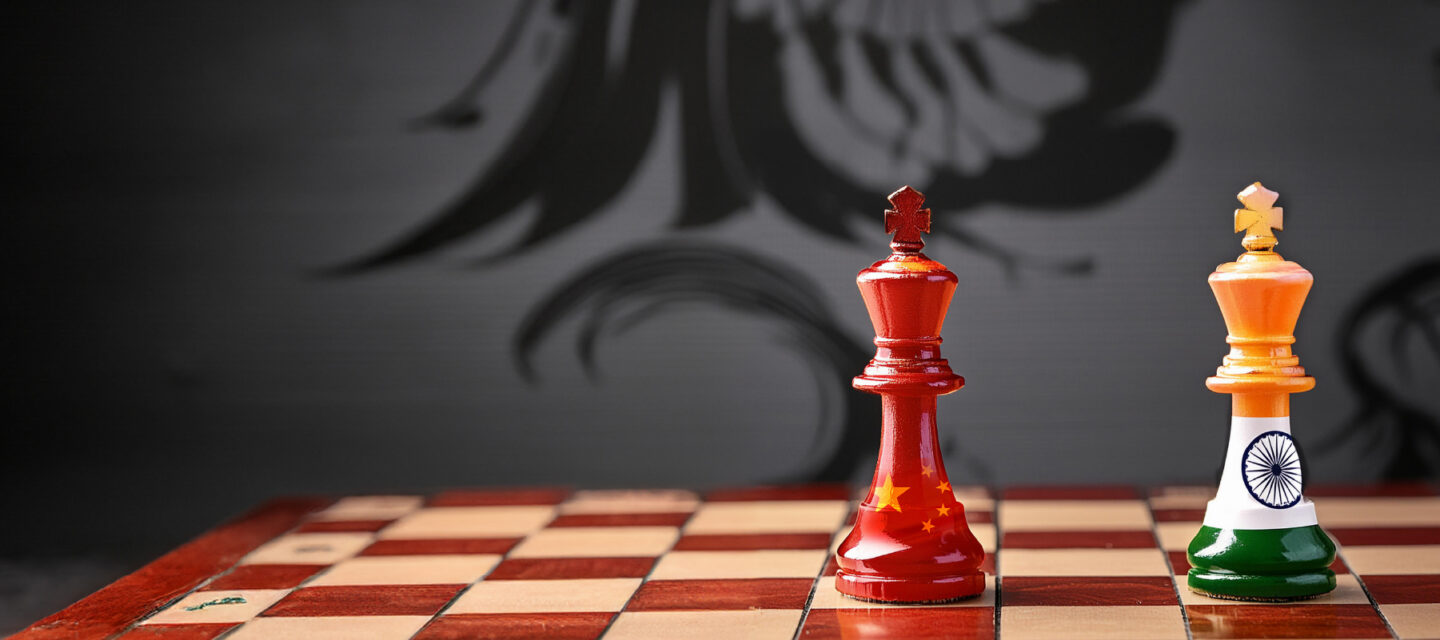India and China have a binary relationship with an internally conflicting dynamic of rivalry and partnership. This inevitably makes it difficult for Chinese goods to penetrate the Indian market.
Indian President Narendra Modi, who has been at the G7 summit this week, was recently re-elected but with a weakened parliamentary support that will force him to rely on a broader coalition to govern. Carefully managing the relationship with China will be one of his crucial mandates in his third mandate.
China has expressed its readiness to work with India to ameliorate their relations and manage their border issues, but the recent strenghtening of the relationship between India and Taiwan, especially in technology-related matters, risks turning into a major issue that will make India-China bilateral relations more complicated. This will inevitably impact India’s response to any attempt of China to flood the Indian market with its excess capacity.
On the one hand, relations between the two countries have long been fractious. There is an ongoing border dispute in the Himalayan region, which led to military clashes in 2020–21. There were commercial repercussions to these skirmishes, as India, citing national security concerns, imposed a ban on TikTok, which had over 200 million Indian users at the time, along with over 50 other Chinese mobile apps.
Since then, India has banned over 200 additional Chinese mobile apps, with several hundred more in the crosshairs. There has also been growing sentiment to boycott Chinese products. The Confederation of All India Traders (CAIT), a trading community, organized multiple campaigns following the 2020 border dispute. The latest campaigns mainly focused on fast-moving consumer goods (FMCG) and consumer durables. While this has been more symbolic than substantial, it still signals the wariness of India’s approach to China. The situation may escalate quickly should China attempt to redirect its surplus products to India.
On the other hand, China recently overtook the US to become India’s largest trading partner, with total trade between the neighbors reaching $118.4bn in the FY 2023–24. However, this partnership has been heavily skewed towards India’s imports of Chinese goods, resulting in a massive trade deficit for India. In fact, India imported over $100bn worth of goods from China in this period, while its exports to China were only $17bn. This import dependency was highly visible in the telecommunications, pharmaceuticals, and advanced technology sectors. In response, India has already taken multiple tariff and non-tariff measures to protect domestic industries and manufacturing. These include production-linked incentive (PLI) schemes, anti-dumping duties, and quality controls.
So, should China attempt to flood the Indian market with EVs and other products, it won’t find it a straightforward prospect. India has been strict on unfair trade practices, with multiple reports of anti-dumping measures on Chinese imports. Of the 46 duties imposed by India since 2022, 60% have targeted Chinese goods, with a further 26% aimed at Chinese goods together with imports from at least one other country. More recently, India has imposed anti-dumping duties on some steel goods from China, South Korea, and Malaysia, and this year announced anti-dumping duties on solar panel imports from China, the US, Taiwan, and Malaysia.
India, then, actively monitors its trade relationship with China and won’t hesitate to put in place additional protective measures should China seek to ramp up export volumes. Equally, inbound trade from China to India continues to thrive. In particular, India’s industrial sector remains dependent on Chinese imports, accounting for 30% of India’s total imports in this category (compared with 15% of imports overall).
India would, then, be well advised to tread carefully. While it understandably wants to avoid becoming a dumping ground for Chinese goods redirected from the US, the trade relationship between the two countries remains both valuable and delicate.

Audio available




